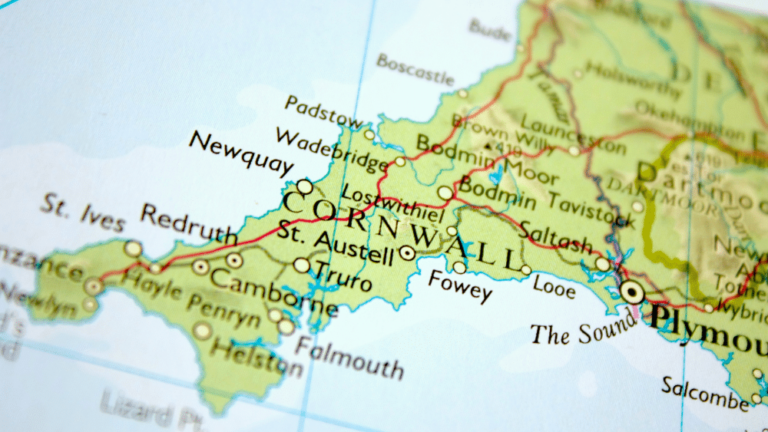
Brexit – the impact on Global Mobility from 1st January 2021
Brexit – the impact on Global Mobility from 1st January 2021
After months of negotiations, the UK and European Union came to a withdrawal agreement on Christmas Eve, just before the end of the Brexit transition period on 31st December 2020. The provisional UK-EU Trade and Co-operation Agreement (the Agreement) has now been published in full (subject to approval by the European Commission – expected 1 February), containing new rules for how the UK and EU will live, work and trade together. It is critical that employers understand the new rules, the impact on their internationally mobile employees and any actions required to ensure compliance.
Social security
Existing posted workers, multi-state workers and frontier workers with a cross border link at the end of the transition period should remain under the old EU regulations through grandfathering provisions within the agreement, provided their start date falls before 1st January 2021 and the cross border link continues uninterrupted but this should be considered on an individual basis to confirm the position.
Newly posted employees (i.e. those posted from 1st January 2021) will be subject to the social security provisions set out in the Agreement. These largely replicate the previous EU Social Security Coordination Regulations, ensuring employees are only subject to the social security legislation of one country at a time.
Separate rules will apply to Norway, Iceland, Lichtenstein or Switzerland.
Detached workers
The detached worker rules apply to employees temporarily posted by their employer to work in the UK or an EU territory for a period of up to 24 months and allows for the social security contributions to be paid under the employee’s home social security scheme. However, unlike the EU regulations, there is no scope for an extension of coverage beyond 24 months.
Individual EU member states also can opt out of the detached worker provisions, for the rules to continue to apply they must sign up by 1st February 2021. To date only Hungary, Austria, Portugal and Sweden have signed up to apply the detached worker rules.
Common travel area
The Common Travel Area (CTA) is a historic pre-EU arrangement between the UK, the Crown dependencies (Jersey, Guernsey and the Isle of Man) and Ireland allowing citizens to travel freely between each jurisdiction. CTA citizens have associated rights and privileges (such as the right to work and education) as well as to access social welfare benefits and health services, regardless of which country they reside in. Despite the UK’s departure from the EU, the agreement states that Ireland and the UK may “continue to make arrangements between themselves relating to the movement of persons between their territories”. As such, CTA citizens are not required to take any action to protect their status and rights as a result of Brexit.
UK personal allowance implications for non-residents
Away from social security interaction, the agreement also has implications on the provision of UK personal allowances to EU residents working in the UK.
The Income Taxes Act legislation is pending changes to allow non-UK resident UK nationals to claim the personal allowance going forward, as previously this was a given on the basis that the UK fell within the EEA.
Those EU residents who are not tax resident in the UK and not nationals of the UK or EEA will not be entitled to a personal allowance in the UK unless it specifies as part of a relevant double tax treaty.
One notable EU member state whose double tax treaty does not include entitlement to a UK personal allowance is Germany, meaning employees resident but not national in the EEA, but posted from Germany to the UK could now see an increase in their UK income tax.
Should you have any queries on the above, the Global Mobility team would be pleased to assist.
Written by












